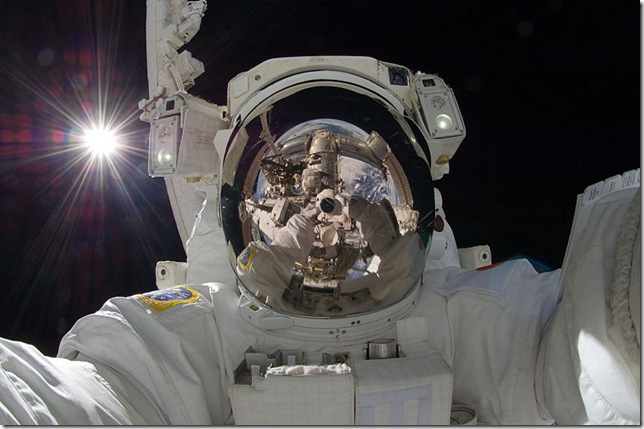By Myles Ludwig
Veni, vidi, vici. I selfied.
I think the selection of “selfie” as the word of the year signals the Return of Me. The inclusion of the word in the Oxford English Dictionary (OED) by the arbiters of the English language and its meaning is equivalent to the Supreme Court of Lexicology issuing a final, unappealable decree. Neither plea nor twerk could change the decision.
It suggests that self-obsession has become the zeitgeist.
Despite the fact we’ve been whining for weeks about the NSA’s data Hoovering and its info-grab plans for the future (a visionary strategy encapsulated in a position paper prepared for the agency and its pals, by, of all people, Edward Snowden) we are willingly, happily launching pictures of ourselves into the eternity of cyberspace — thus guaranteeing our immortality, even if we’ve had too much to drink or are fond of making silly faces.
Reflect on this.
Now, everyone with access to the Internet can see how we see ourselves, although usually at some kind of awkwardly tilted angle that magnifies and distorts our features with the false objectivity and proto-hilarious self-abnegation of a funhouse mirror.
The selfie and its kissin’ cousin, the usie, is a consequence of the confluence of technology and identity: the marriage of the self-obsessed, the cellphone camera and the various forms of social networking surrounding and surveilling that allow us to open an album of ourselves to the rest of the world — and beyond.
The essence of photography, a form of image capture that has many uses, is the preservation of memory, a souvenir of experience. Is the “selfie” the way we want to be remembered by our progeny?
Well, I have to say I saw it coming. I told you so.
I remember being at the Aspen design conference in 1976 when Tom Wolfe delivered his sermonesque social critique of the 1970s from the mountain of hip on what he called the Me Generation, the generation that couldn’t give a tinker’s damn about what came before it (usually known as history) or would come after it (sometimes known as le deluge). Oh yes, how perceptive, we agreed, self-flagellation always an acceptable form of Marxist self-criticism. We all nodded; oh yes, isn’t that too bad?
Well, now, thanks to the cellphone camera, we can see a direct line from the Me Generation to Greed is Good to the selfie: Thirty years of unbroken social narcissism.
I remember the first time I understood that the cellphone camera was going to revolutionize the relationship between photography, self-image and society. I was in London, maybe 10 years ago, and after dinner, turned a corner and came upon a street filled with Brits holding their cellphones in the air before them.
What are they doing, I wondered?
They had become an army of paparazzi taking pictures of local celebs getting out of limos to go to a club opening, but it looked like a scene from a science fiction movie, a pre-burial version of the terracotta warriors or a phalanx of zealots waiting for the Rapture.
This is going to change how we look at ourselves, I thought.
The selfie and the usie are the result.
Cellphone, cellphone; who’s the fairest of them all?
In the early days of the info age, academics often looked to Durkheim or to the Second Law of Thermodynamics to describe the process of the formation of the mass, its atomization and reformation — the Disney version would be The Lion King — to decry the meta-destruction of society and warn against the potentially unhappy results of isolation.
But the selfie has saved us from that. Now we can all see each other wherever we are. Or were.
Bo Diddley was prophetic: Before you accuse me, take a look at yourself.
Myles Ludwig is a media savant living in Lake Worth.
